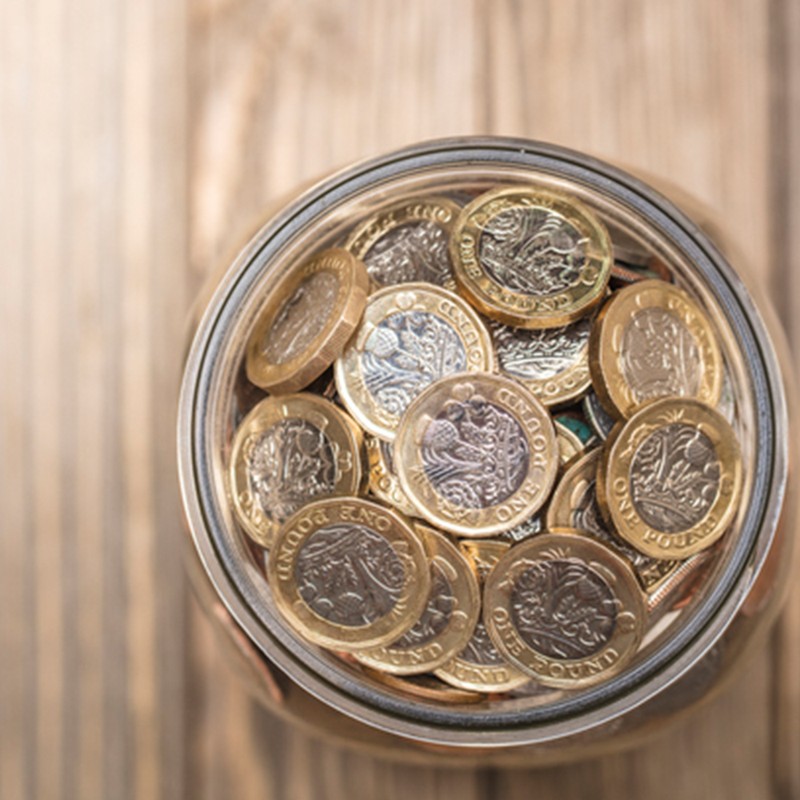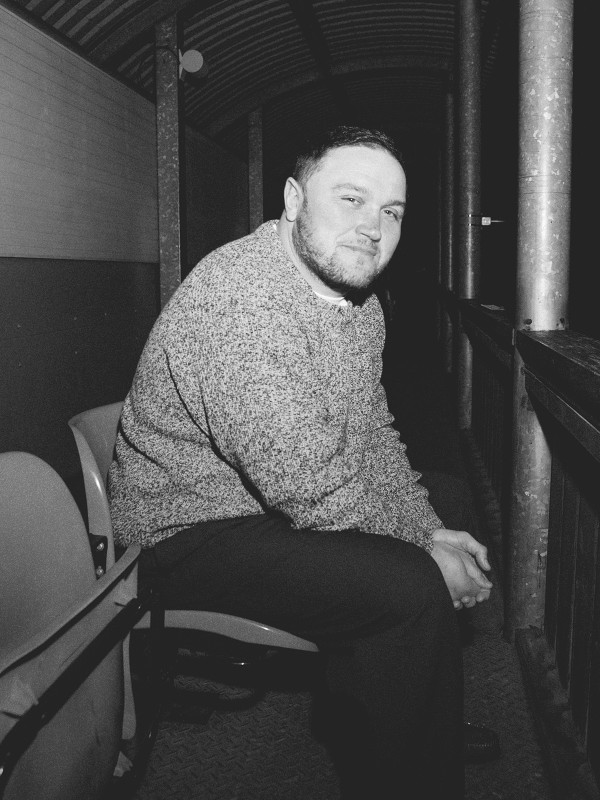How To Manage Your Money Right Now
BUDGET ACCORDINGLY
“Have a look at your bank statements and credit cards, and track what you’re spending on. Get a pen and paper and note down all the direct debits you’ve set up. Then go through them and think: “Which of these do I really need to pay” – for instance your mortgage, rent, electricity bills and wi-fi. Then look at the non-essentials and ask yourself if you need all these apps and magazine subscriptions. The test is this: if you’re using something you’re subscribed to all the time then fine, keep it. But if, for example, you have a magazine subscription and you barely read it cover to cover, or a gym membership but don’t go, it’s time to ask yourself if it’s really worth spending what that amounts to each year. A good way to help make these difficult decisions is to take that monthly direct debit and work out how much you’re spending a year, or within three or five years, and consider what you could spend that money on instead. It’s amazing how much you can cut: I know people who have cut their outgoings by 20-30% just by doing this.” – Rob Gardner, director of investments at St James’ Place
“Whether you’ve got short-term or longer-term savings ambitions in mind, its best to get a budgeting plan in order. List your goals, map this against your current income and expenditure and you have the beginning of a financial plan, which, if you stick to it, can make a huge difference to you and your family’s future.” – Maike Currie, investment director at Fidelity International
“For those that are fortunate enough to still have a job and a monthly pay check, you might notice that there’s a lot more money left at the end of the month than normal, and this is because most of us are not spending anything other than the mandatory bills. If you add travel costs back in, you can then see how much you spend on ‘discretionary expenditure’ – i.e. clothes, entertainment, food and drink. Have a think: are these expendable outgoings justified, or could it be put to better use in the future by saving and investing it towards a longer-term financial goal?” – Svenja Keller, head of wealth planning at Killik & Co
GET SAVING
“It’s worth getting into the habit of moving money straight into a separate savings pot every time you are paid so it’s a proactive decision, rather than a tentative end of month aim. If you’ve taken the money out of your everyday account, you will also remove the temptation to dip into it as out of sight is out of mind. Also, why not move any refunds you received during lockdown, or the cost of any suspended memberships straight over to separate savings pot where you can keep it ready for a rainy day, or keep growing it towards a future goal?” – Dr Peter Brooks, head of behavioural science at Barclays
“The best advice is pay yourself first. The first thing you should do when money arrives in your account is put 10%-30% into a different account – your emergency and/or savings fund – then learn how to live off the rest. You want to end up with money at the end of your month, and the best way to do this is to take it out before it even hits your account. The key to financial resilience is to have a plan. What are your goals – are you saving for a house, or a holiday, or investing for a comfortable retirement? The second thing is to set aside enough cash to act as a buffer. Figure out what your buffer is; it could be £500, a month’s wages or three.” – Rob Gardner
TRY USING A HELPFUL APP
“Investing for the long-term will mean that your money has the best chance to grow. You don’t need a lump sum to get the ball rolling; you can start with a small monthly or weekly contribution – Killik’s saving app Silo lets you contribute as little as £25. Save and invest apps offer the flexibility to contribute cash in ways and amounts that work for you during these times of uncertainty – whether that’s monthly, sporadically or little and often.” – Svenja Keller
“While your fitness app might be helpful you keep moving while you’re indoors, there are a range of money apps that can improve your financial health too. Installing an app onto your phone will give you real-time information about your savings, investments and spending habits. – Maike Currie
PURCHASE WISELY
“If there’s one thing that many of us may have realised during lockdown, it’s likely that we don’t actually need as many shoes as we thought we did. For many of us, now is a good time to reassess how much we spend on throw-away items. By all means, we can still treat ourselves, but purchases should be considered investments.” – Svenja Keller
“Lockdown has shown many of us the big effect that comes from not having all those little amounts, that you don’t even think about, leaking from your account. From snacks on the go, to petrol or public transport costs, the small things really do make a difference to the overall state of your finances. Therefore, as you look forward, don’t forget the real value that controlling the small expenses can have in helping you save each month.” – Dr Peter Brooks
THINK ABOUT WHAT MATTERS…
“As we have all learnt from lockdown, there are things that we have missed that don’t cost anything – spending time with friends or family, going for walks, visiting museums. In the future, we can think twice about what we really need to spend our expendable income on to make us happy.” – Svenja Keller
“A great exercise to do both now and again when life starts to feel a bit more normal, is to take a look at your bank account and assess what you’ve been able to spend and save money on and what changes you can realistically keep. Identifying what you could credibly do without, and moving that spend to straight savings, will help build up that pot of money quicker than you think. Money management apps can help make this painless.” – Dr Peter Brooks
…BUT DON’T THINK TOO SHORT TERM
“Your retirement can feel like a long way off – especially when you’re busy juggling working from home and childcare duties but it’s so important not to lose sight of the things that matter. Any savings you currently have or can start building up early on will do you wonders in the longrun. In fact, putting just 1% extra towards your pension each month will serve you well for the future.” – Maike Currie
FINALLY, TRY NOT TO MAKE TOO MANY COMPARISONS
“It’s an unsettling time and we’re faced with people documenting their lockdown lives online. Naturally, we can start to compare what we’re doing and the same can be said for how we spend our money now and in the future. It is often the experiences rather than the items our money buys which have the biggest effect on our happiness. Try to ditch any comparisons with what your friends are doing with their money and focus on what works for you.” – Dr Peter Brooks
For more financial information and support, visit the Money Advice Service, or contact your local Citizens Advice Bureau.
DISCLAIMER: We endeavour to always credit the correct original source of every image we use. If you think a credit may be incorrect, please contact us at [email protected].






